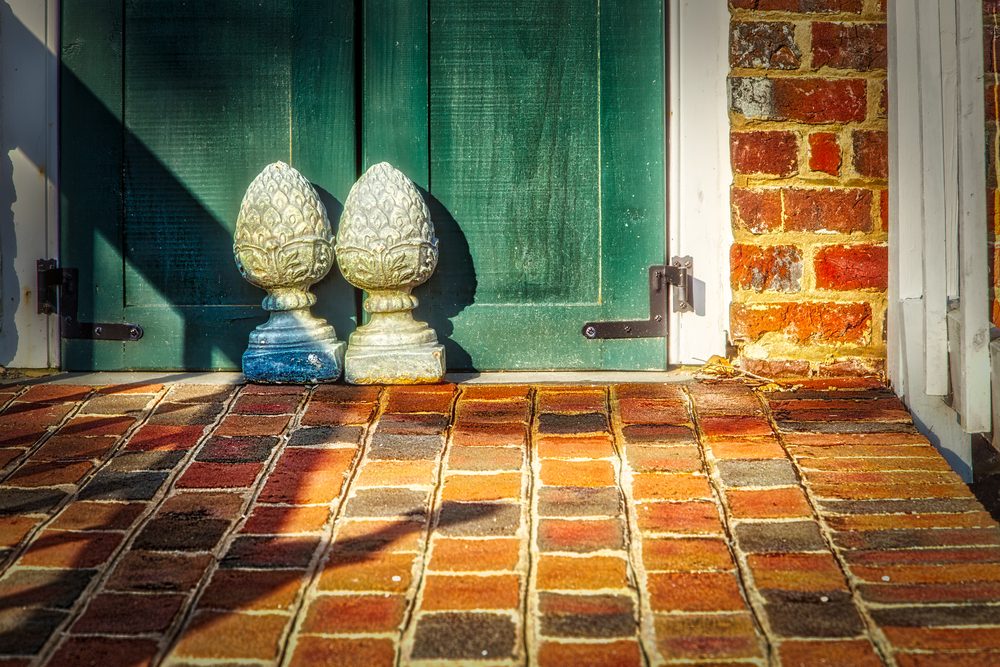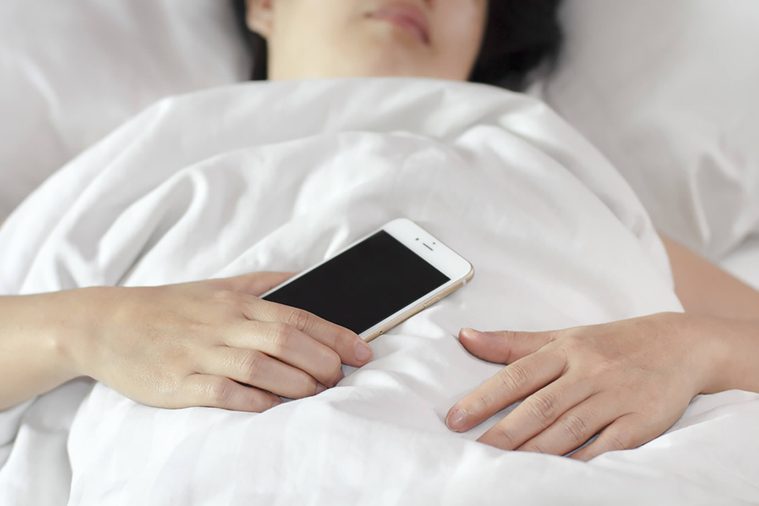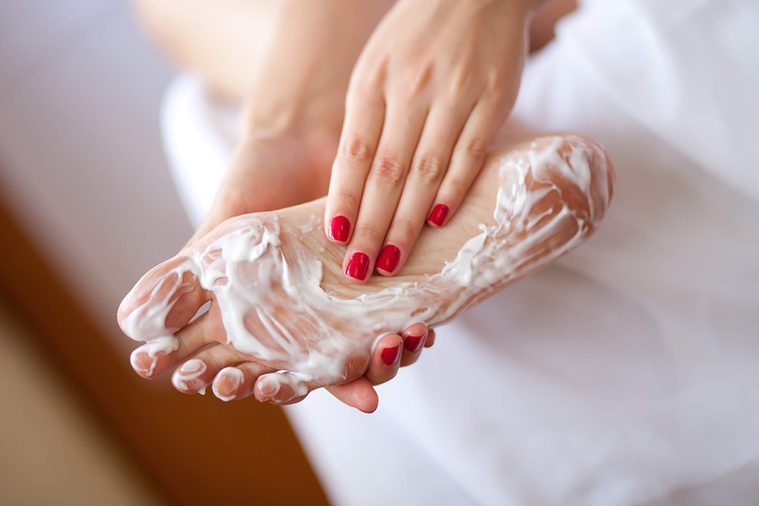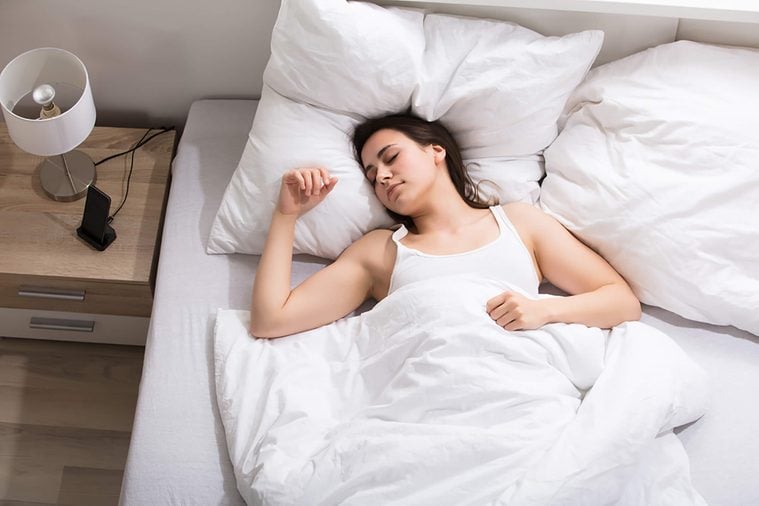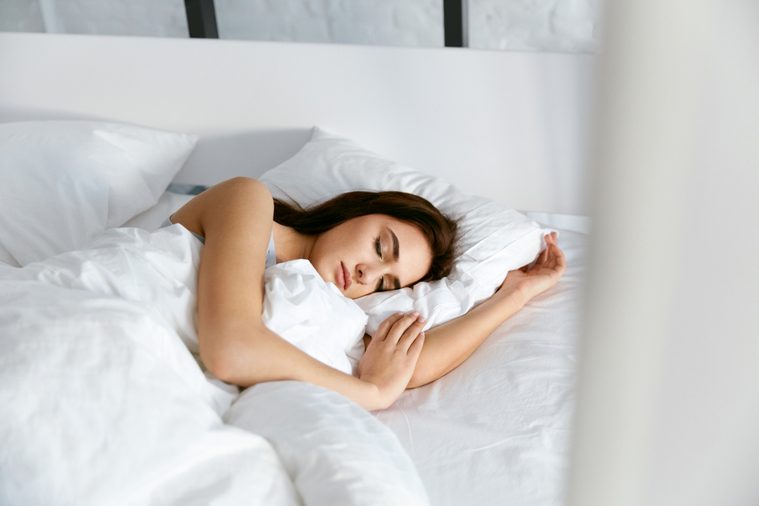WAYHOME studio/shutterstock
Don’t underestimate the impact of losing or gaining an hour
Mohammad M. Amin, MBBCH at the Stony Brook Medicine Sleep Disorders Center, says there’s a reason for the time change being scheduled on a weekend instead of during the week. He says, “Daylight saving time is scheduled on a weekend, and it’s not by chance. It does have consequences on human sleep and daytime alertness. There is a temporary imbalance in our intrinsic circadian timekeeping system caused by the de-synchronization of the abrupt change of desired sleep-wake times.” Here are 11 eye-opening facts about daylight saving time.
Don’t let your guard down while driving
Drowsy driving is one of the bigger hazards associated with the time change. Benjamin Smarr, PhD, National Institutes of Health Postdoctoral Fellow at UC Berkeley and Reverie sleep advisory board member explains, “The effects of sleep deprivation are quite dangerous, as it interferes with the healing and mental refreshing that good sleep provides. A lack of sleep can extend hospital stays and makes us irritable or forgetful.” And worst of all, Dr. Smarr says, sleep deprivation robs sharpness without anyone realizing it.
“After a single night of sleep deprivation, your reaction time and alertness are equivalent to being at the legal limit of alcohol consumption. However, because you don’t feel drunk after a poor night’s sleep, this can give a false sense of confidence or safety. Drowsy driving is a much larger public health problem than drunk driving. Sleep deprivation may seem like an inconsequential thing that one accidentally accumulates, but it is a pervasive and widespread public health problem that needs to be taken much more seriously than it is. So remember, when the time change hits, don’t think of it as just another day. Drive more cautiously and be extra nice as everyone adjusts, and remind yourself that the inconvenience is real—and biological.”
Terry Putman/Shutterstock
Consider melatonin
Joseph Krainin, MD, founder of Singular Sleep, recommends you give your body a little extra help during daylight saving. “Be strategic with the use of melatonin,” he says. “Melatonin exerts a powerful influence on our circadian rhythms. Taking some melatonin four to five hours before your desired bedtime can help you fall asleep at that time. So for instance, if your normal bedtime is 11 PM, take melatonin at 6 or 7 PM on the Sunday of the time change. Research shows that a small dose of melatonin, like 0.5 mg or less, may be as effective as larger doses (3 mg is the most common dose) and is less likely to result in drowsiness.” Find out if melatonin gummies really work.




















